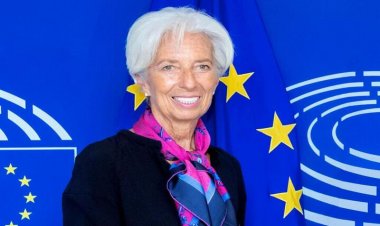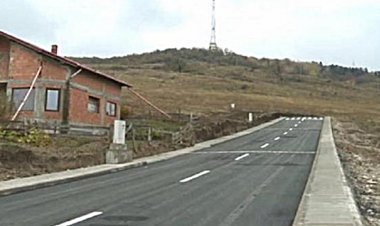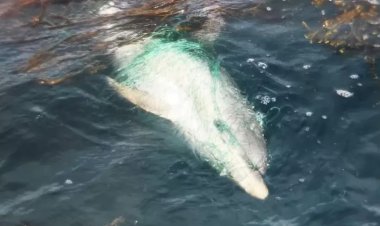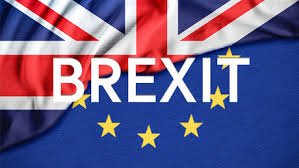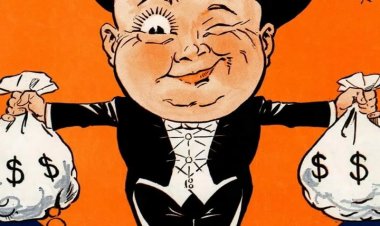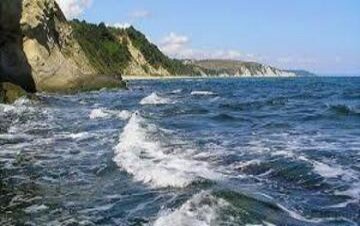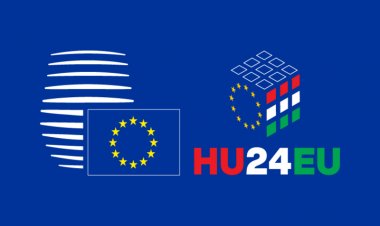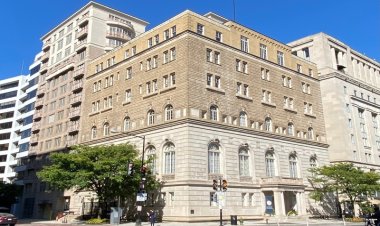Trade tariffs are a negative shock for the eurozone
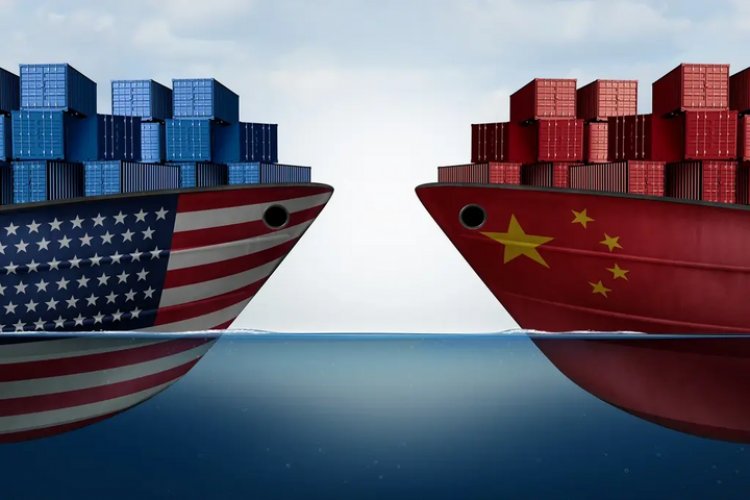
President of the European Central Bank Christine Lagarde said on Thursday that the bank's interest rate cut reflected growing confidence in the disinflation process towards the 2% target, alongside rising risks to economic growth from escalating trade tensions and tariffs.
The ECB lowered its key deposit facility rate by 25 basis points to 2.25%, with Lagarde confirming that the decision was unanimously supported by the Governing Council.
The central bank also dropped any reference to its stance being “meaningfully restrictive”, signalling a new phase in policy, shaped more than ever by a data-dependent, meeting-by-meeting approach.
“Most indicators of underlying inflation are pointing to a sustained return to our 2% medium-term target,” Lagarde said during her press conference in Frankfurt, citing easing domestic inflation and gradually moderating wages.
Trade tensions alter the ECB risk map
Lagarde made clear that the decision to cut rates was guided by a “twofold rationale”: the first being stronger confidence in the disinflation process, and the second a deterioration in the growth outlook due to “exceptional uncertainty” around trade frictions.
Deutsche Bank’s Mark Wall said ECB hawks dropped the “restrictive” language while acknowledging economic resilience. The emphasis on exceptional uncertainty signals openness to further easing if tariff-related shocks materialise.
“Tariffs represent a negative demand shock,” Lagarde said, adding that while they will likely weigh on growth through weaker exports, investment and consumption, the full impact on inflation “will only become clearer over time”.
She warned that euro area exporters “face new barriers to trade”, and that although the scope remains unclear, disruptions to international commerce and heightened geopolitical uncertainty are already weighing on investments.
Consumer spending may also be impacted, as households hold back amid deteriorating sentiment and financial market tensions, she said.



